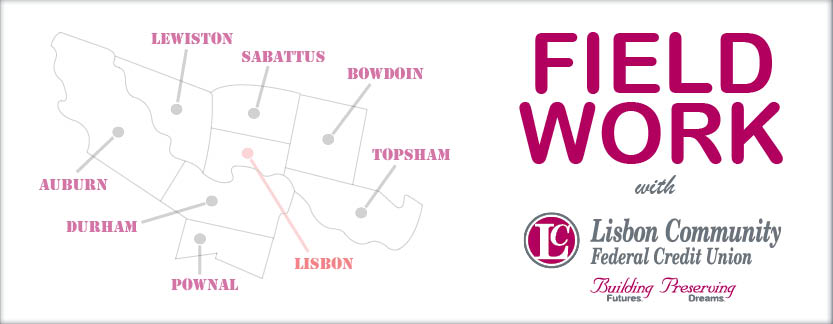What Notaries Do
A notary public is a person who, by the authority vested by the state, determines that the person who signs a document in his/her presence is in fact who that person claims to be. When appearing before a notary, you bring proper identification and sign the documents in the presence of the notary public. The notary compares your appearance to the picture in your identification, verifies your signature matches and applies a seal to your document. The notary, in effect, acts as an impartial witness and implements requirements that deter fraud.
Signature Guarantees
A signature guarantee is a stamp placed on financial instruments by a financial institution, guaranteeing that the signature is valid. The most common use for a signature guarantee is to authenticate your right to sell or transfer securities. It protects the person who owns the stock or certificate and makes it more difficult for someone to forge a signature. To be able to affix the signature guarantee stamp or imprint, financial institutions join a signature guarantee program, the most widely used being the Medallion Signature Guarantee Programs. Like a notary service, a representative of a participating financial institution reviews your paperwork (including a statement showing the value of the securities), witnesses your signature and then, in applying the signature guarantee stamp, guarantees that your signature is genuine. The stamp uses a bar code, special ink and other security features to make it more difficult to copy or counterfeit.
